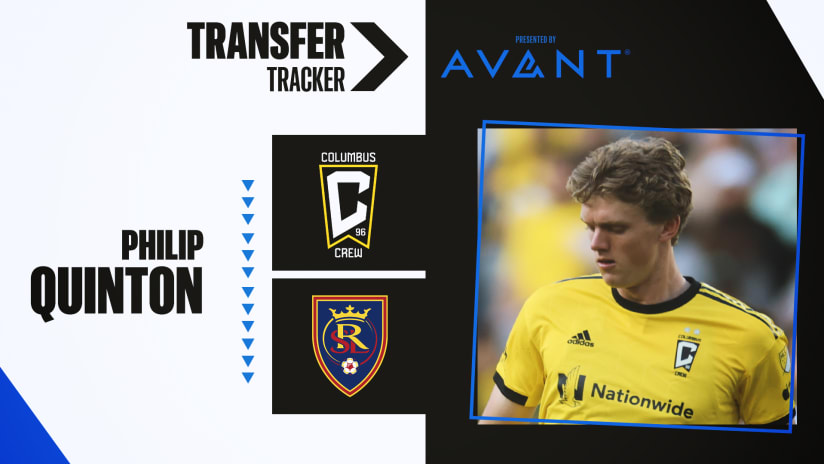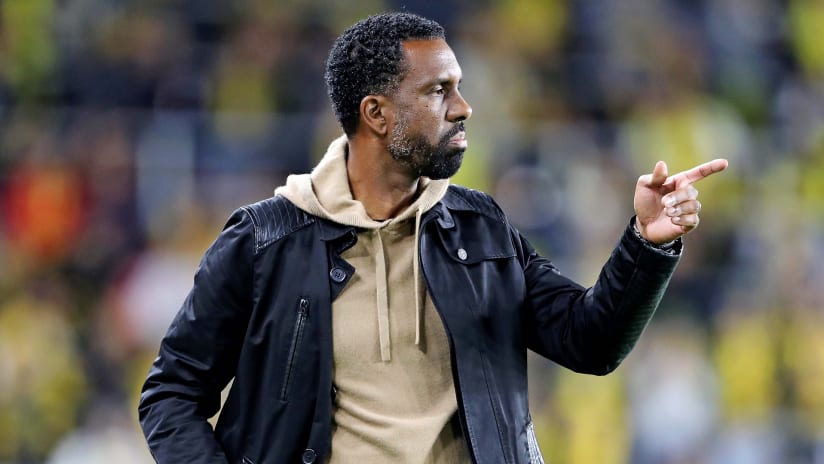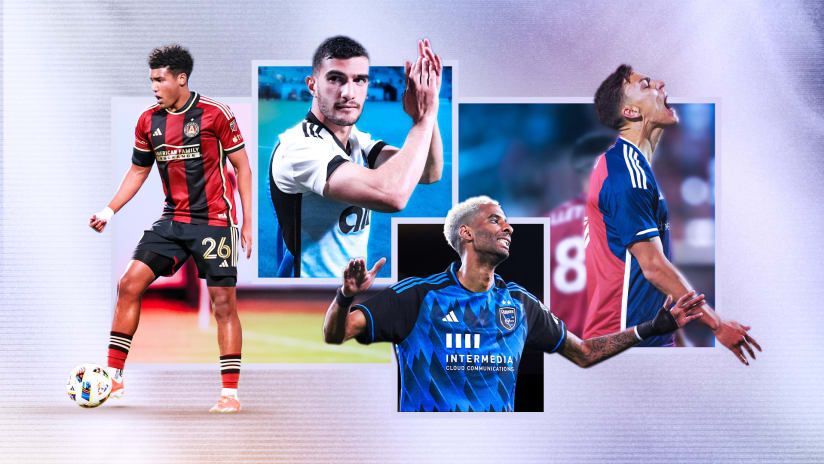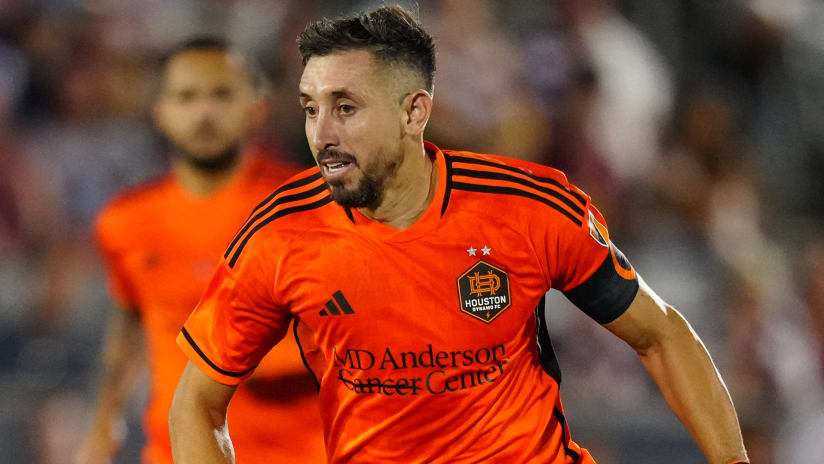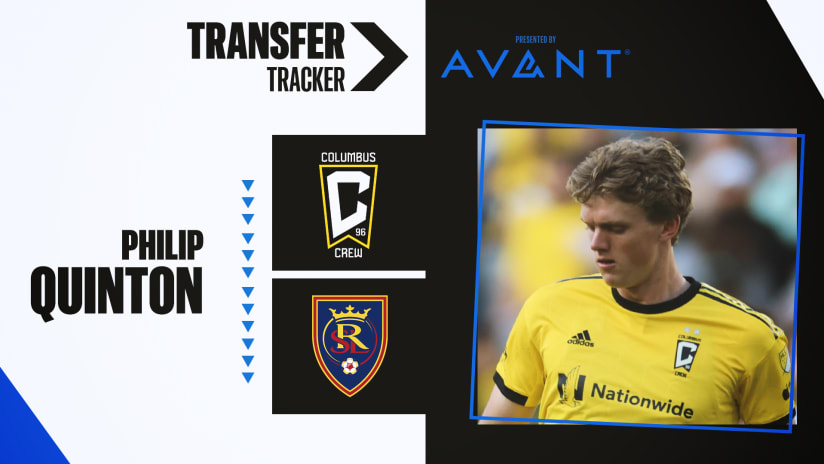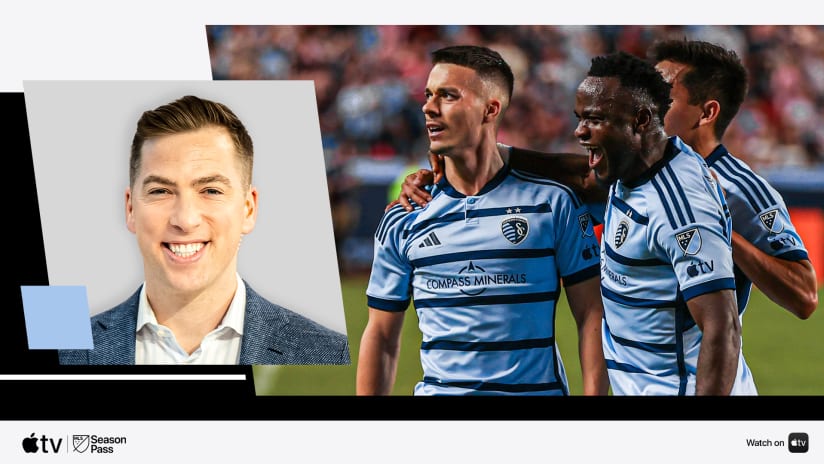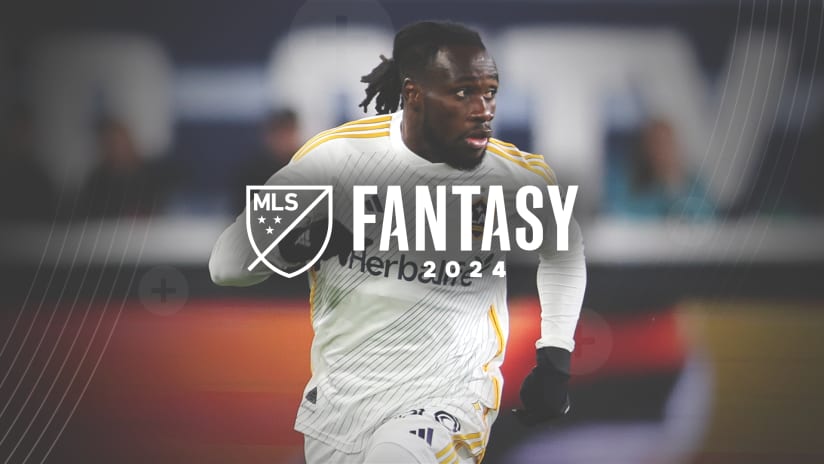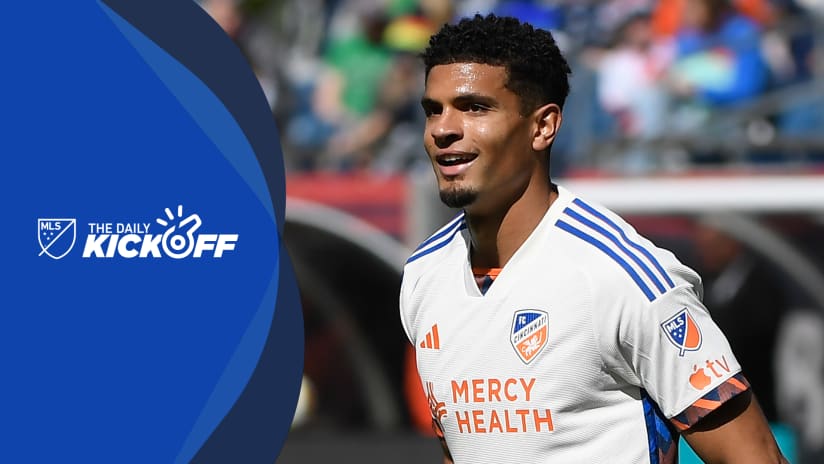Editor's note: This story originally ran in the lead-up to the first "Hell is Real" derby of 2019, a 2-2 draw between the Columbus Crew and FC Cincinnati on Aug. 10.
According to the good folks in Columbus and Cincinnati, Hell is Real. Or, at least, a sign proclaiming “Hell is Real” is real.
That sign sits on the I-71 route between the cities and as such, MLS’s newest rivalry has an excellent and very metal name.
Week 25 will see the second MLS installment of Hell is Real rivalry (7:30 pm ET | MLS LIVE on ESPN+ in USA, on DAZN in Canada), which is just two games old. If this is to become one of the epic rivalries in MLS, it's going to need to develop nine layers that any quality MLS rivalry needs.
Inspired by the most famous depictions of hell, Dante’s “Inferno,” let's call them the Nine Circles of Rivalry. The deeper you go, the deeper is the rivalry, and the more I’ll very much hope my 12th grade English teacher does not read MLSsoccer.com like I did not read the assigned parts of Dante’s “Inferno.”
Circle One - Sight
The first circle is simply someone acknowledging it exists. Whether that’s the media, the fans or the players, someone has to acknowledge the rivalry. And two of the main reasons they might acknowledge it exists lie within the next two circles...
Circle Two - Conflict
There has to be some level of competition in the games. It’s not crucial, but it sure helps if both teams and fan bases don’t know the outcome of each game before it’s played. Otherwise, it’s not a rivalry. It’s just a scheduled beating.
Circle Three - Proximity
Geography is not the greatest factor in a rivalry’s intensity, but it might be the most foundational variable. Close proximity means you either deal with “those people” on a regular basis or have dealt with them at some point in life. Perhaps by accident.
If two teams are close, there is overwhelming anxiety surrounding the fact that you will likely see someone who supports the Other Team the very next day. If you lose this game, you may likely have to deal with someone like Braylyn, the 20-year-old office intern who started watching soccer last year because the guys on his dorm hall were into it, and who is now relishing the fact he will get to throw the result of the previous night’s game in your face despite the fact Braylyn does not remotely understand the offside rule. You hate Braylyn. You hate the Other Team. Braylyn is inescapable.
Or, the large contingent of fans of the Other Team reside adjacent to you. There’s intermingling, but not much. Not unless you get too close. You and your family and friends often speak of the time you had to travel through the territory of those fans and felt ... well, it’s hard to describe, but you felt uneasy. This conversation often happens in hushed tones with a source of comfort, like a warm meal, nearby.
The main thing, though, is that you probably only rarely deal with the other side. Because of that, you make lots of jokes about them and their place of existence and it becomes ingrained in you and that translates to sports. Trust me, I live next to Florida.
It also may be that simply being on the same side of the country – and therefore in the same conference – leads to regular games with important stakes. Leading us to...
Circle Four - Canon
You have to have a narrative to have a rivalry.
Narrative can be shaped by a long history of conflict or a quick flash of righteous anger, sometimes within the same rivalry.
You have teams like Seattle and Portland who have been playing each other across multiple leagues since pretty much the beginning of soccer’s existence in America. You also have teams like Atlanta United and the New York Red Bulls, who have more recently discovered a strong dislike for the other and have been engaged in some intense and fierce battles in massive games ever since Atlanta invented soccer’s existence in America in 2017.
All of these teams have legitimate beef with the other based on events both on and off the field. There’s a story being told with every game. Every messy, cheap-shot-filled game.
Circle Five - MOMENT
The best way to add to narrative? A big moment.
There will always be filler, but the moments that stand out in a rivalry are what define it.
For example, El Trafico will always be shaped by that Zlatan goal. Wait, no, not that one the other one. No, not that one the other one. No, the other one.
Or, for an example steeped in history, the Cali Clasico will always be partly shaped by the time David Beckham tried to fight the entirety of San Jose. Yes, that did include the San Jose mascot.
Circle Six - Petty
The state of a rivalry can really be elevated by the clubs themselves becoming active participants.
For a wonderful example of team-on-team petty, we look to the southeast. (And, to clarify, this is an extremely abbreviated version of events.)
In 2017, Atlanta United pushed hard to make their first game with Orlando City matter because I’m not sure they realized that the entirety of the league would find them insufferable by April and they needed a common enemy to rally behind besides ... everyone.
To stoke things, they bought a billboard in downtown Orlando informing the city they were “Coming to Conquer” (below).
That same year, Orlando’s supporters’ groups were banned from returning to Atlanta for a number of games. Orlando would later retaliate by doing the same to Atlanta. Atlanta would later beat Orlando in Atlanta and play a song from the Lion King over the sound system immediately following the final whistle. Orlando would later geoblock the entirety of the state of Georgia from buying tickets to the 2019 U.S. Open Cup semifinal.
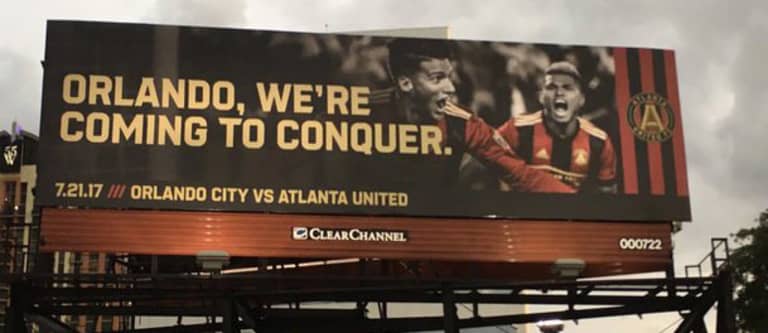
These are all things that happened, and all things that happened in a short amount of time. Each possibly smaller and pettier than the last. It’s kinda beautiful, don’t ya think?
Circle Seven - Mob
The previous circles all lead to this. This is the circle where the two fan bases of the rivalry dislike everything about the other.
The Dante-style punishment for being in this circle is having to scroll through flame wars on the MLS subreddit for eternity. Coincidentally, this is actually one of the punishments in the real version of hell.
Circle Eight - Irritation
The entirety of the New York Red Bulls’ roster is infuriating to me. I despise how they play, I despise their ability to seemingly pull civilians from the crowd to play key games and have them score at crucial intervals from the middle of the six-yard box, and mostly I despise the fact that they are very very good at soccer and not on my team. NYCFC fans and D.C. fans and Philadelphia fans and, yeah, pretty much every MLS team's fans will back me up on this.
That intense dislike of a single player (or even a whole roster) is the annoying itch that keeps rivalries ignited. If you can show up to a game and realize in the midst of the anxiety and the noise and tactics that, “Oh yeah, Carlos Vela makes me actively want to throw something,” then you have taken a rivalry between warring fandoms and taken it in-game. There is no stopping. You cannot stop hating, because even the distraction of a soccer game is doing nothing to distract you from the hate caused by Diego Chara ruining your whole life right now. You’re sick and tired of it.
Circle Nine - Wrath
This is how you know it’s real. Really real. Not just a sign, but really really real.
When every element comes together to go beyond the fans, beyond geography, beyond petty tweets and combusts on the field. The intensity is there. The physicality is there. And the players themselves have bought into the idea that this game means far more than the others. And that means they’ll do whatever it takes to either win or make sure the Other Team is thinking about them for the next week.
Even if that means staring down a demon in the midst of the fire.
EDITOR'S NOTE: J. Sam Jones is a soccer writer and columnist and regular contributor to DirtySouthSoccer.com. You can listen to him stumble through discussions about Atlanta United on the Dirty South Soccer podcast network and follow him @J_SamJones if you don’t mind occasional ALL CAPS YELLING about American Football and Pitchfork reviews.


